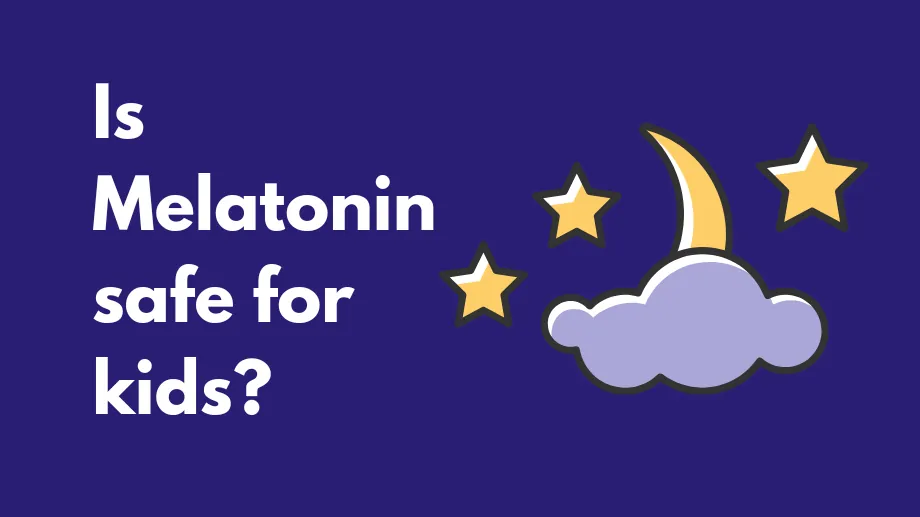Is Melatonin safe for kids?

Children and adolescents often struggle to get enough sleep. Recent surveys show nearly half of parents give melatonin to kids under 13, and about 30% to teens. While melatonin can help in select cases, the American Academy of Pediatrics does not endorse routine use without a pediatrician’s guidance.
When might melatonin help?
Melatonin may be appropriate for children with:
- Sleep-onset insomnia (difficulty falling asleep)
- Delayed sleep‑phase syndrome (bedtime and wake time delayed by ≥2 hours)
- Neurodevelopmental disorders (autism spectrum disorder or ADHD) with documented sleep difficulties
For most other children, strong sleep hygiene practices are the first recommendation.
Dosage guidelines
- Start at 0.2–0.5 mg, 30 minutes before bedtime
- Increase by 0.2–0.5 mg weekly as needed
- Most children require ≤2 mg; most teens require ≤5 mg
- Extended‑release vs. immediate‑release choice depends on whether the issue is falling asleep or staying asleep
Note: Over‑the‑counter melatonin is not FDA‑regulated and actual contents may vary.
Potential side effects
- Headache
- Dizziness
- Daytime drowsiness
- Increased bedwetting
- Abnormal dreams or nightmares
- Mood changes
Overdose considerations
Although rare, accidental ingestion—especially of gummy formulations—can lead to:
- Vomiting
- Excessive sleepiness
- Rapid heart rate
- Low blood pressure
- Breathing difficulties
If overdose is suspected, seek medical attention or contact Poison Control immediately.
Non‑supplement sleep strategies
- Establish a consistent bedtime routine (bath, story, quiet time)
- Limit screens at least 1 hour before bed
- Encourage daytime physical activity
- Phase out naps as children get older
- Avoid caffeine and stimulants in late afternoon/evening
- Create a calming sleep environment (blackout curtains, white noise)
Sources
- FastStats: Sleep in Children. CDC.
- American Academy of Sleep Medicine. 2023 sleep prioritization survey.
- Mantle D et al. Efficacy and safety of melatonin in children with delayed sleep‑wake phase disorder. Sleep Medicine.
- Wei S et al. Melatonin for sleep‑onset insomnia in children and adolescents: Meta‑analysis. Sleep Medicine.
- Lelak K et al. Pediatric melatonin ingestions: United States, 2012–2021. MMWR.



